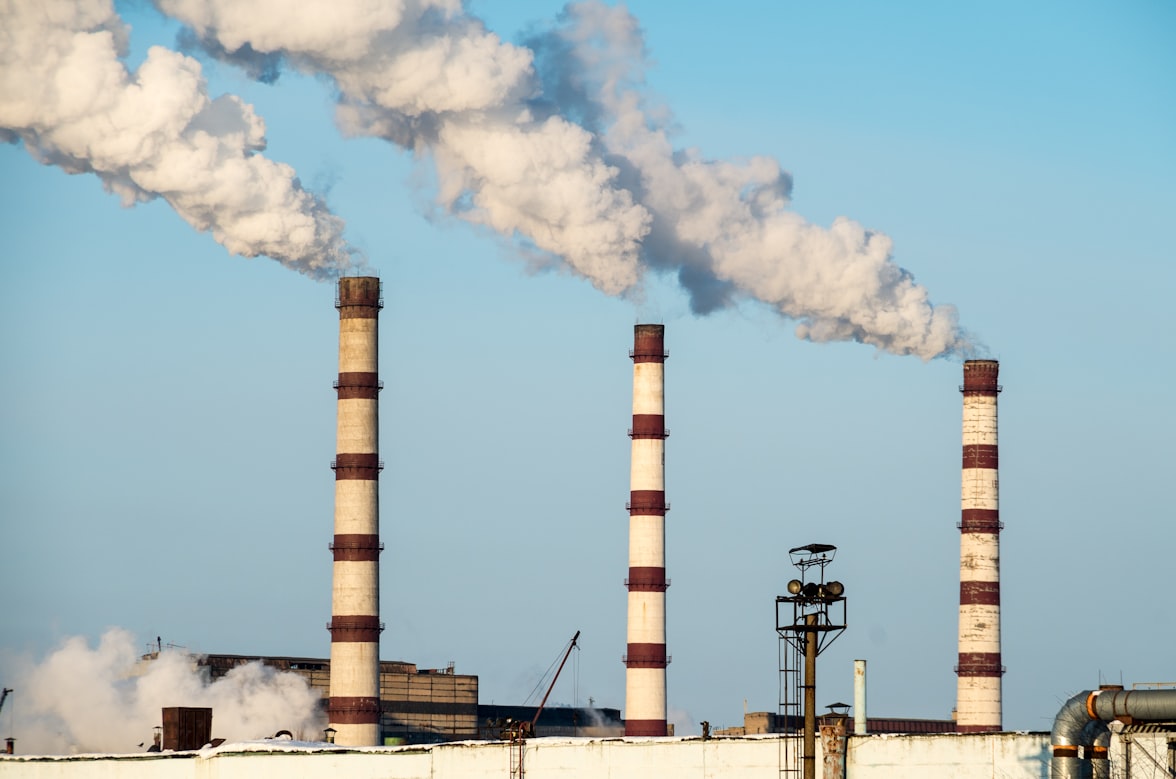Combatting Urban Pollution: Innovative Strategies for Improving Air and Noise Quality in Cities

Urban areas are known for their high population density and fast-paced lifestyle, but they also come with a unique set of pollution challenges. Air and noise pollution are two of the most pressing issues facing cities today, and local governments are taking action to combat these problems.
Strategies for Improving Air Quality in Cities
Air pollution is a major problem in urban areas, and cities are taking a variety of approaches to combat it, including:
- Encouraging public transportation: Cities are promoting the use of public transportation to reduce the number of cars on the road and therefore decrease emissions.
- Implementing stricter emissions standards: Cities are also implementing stricter emissions standards for vehicles and power plants, which reduces the number of pollutants released into the air.
- Investing in clean energy: Cities are investing in clean energy sources, such as solar and wind power, to reduce emissions from power generation.
- Encouraging green infrastructure: Cities are also promoting the use of green infrastructure, such as green roofs and urban forests, which can help to absorb pollutants and improve air quality.
Strategies for Improving Noise Quality in Cities
Noise pollution is another major problem in urban areas, and cities are taking a variety of approaches to combat it, including:
- Implementing noise regulations: Cities are implementing regulations that limit the amount of noise that can be produced by industry, transportation, and construction.
- Encouraging quiet transportation: Cities are promoting the use of quiet transportation options, such as electric vehicles and bicycles, to reduce noise pollution.
- Investing in sound barriers: Cities are investing in sound barriers, such as walls and barriers, to reduce noise pollution near highways and other sources of noise.
- Encouraging urban design: Cities are promoting urban design that reduces the impact of noise, such as wide streets, green spaces, and buildings with noise-reducing features.
Promising Innovations in Clean Technology for Urban Pollution
In addition to the strategies mentioned above, there are also several promising innovations in clean technology that can help cities to improve air and noise quality, such as:
- Smart city technology: Smart city technology, such as sensors and data analytics, can be used to monitor and manage pollution in real time.
- Electric scooters and bikes: Electric scooters and bikes are becoming increasingly popular in cities as a way to reduce emissions and noise pollution from transportation.
- Air purifying systems: Air purifying systems, such as air purifying walls and towers, can be used to remove pollutants from the air in urban areas.
- Noise-canceling technology: Noise-cancelling technology, such as soundproofing materials and noise-canceling devices, can be used to reduce noise pollution in cities.
Solutions for Implementing Clean Technology in Cities
To implement these and other clean technology solutions in cities, governments and private organizations can take the following steps:
- Investing in research and development: Governments and private organizations can invest in research and development to advance clean technologies and make them more widely available.
- Encouraging private sector investment: Governments can also encourage private sector investment in clean technology through tax incentives and other financial mechanisms.
- Partnering with private companies: Governments can partner with private companies to bring innovative clean technology solutions to cities.
- Encouraging public-private collaborations: Governments can also encourage public-private collaborations to develop and implement clean technology solutions in cities.
Conclusion
Urban areas are known for their high population density and fast-paced lifestyle, but they also come with a unique set of pollution challenges. Air and noise pollution are two of the most pressing issues facing cities today, and local governments are taking action to combat these problems.
By implementing strategies such as encouraging public transportation, investing in clean energy, and promoting urban design that reduces the impact of noise, and implementing clean technology solutions such as smart city technology, electric scooters and bikes, air purifying systems, and noise-canceling technology, cities can improve air and noise quality, protecting public health and promoting sustainable urban development.









